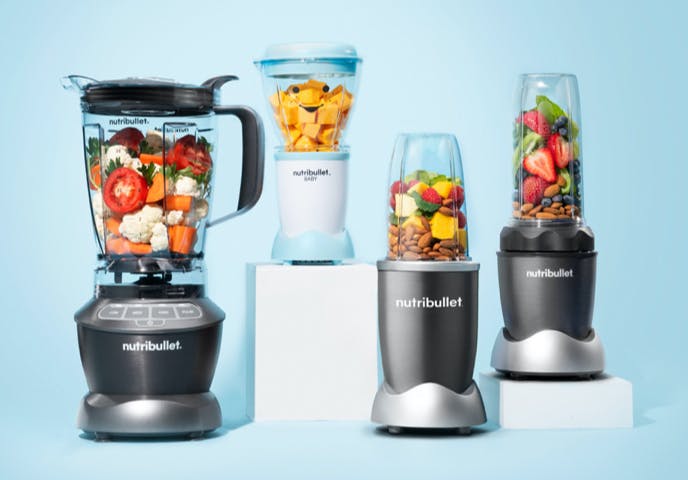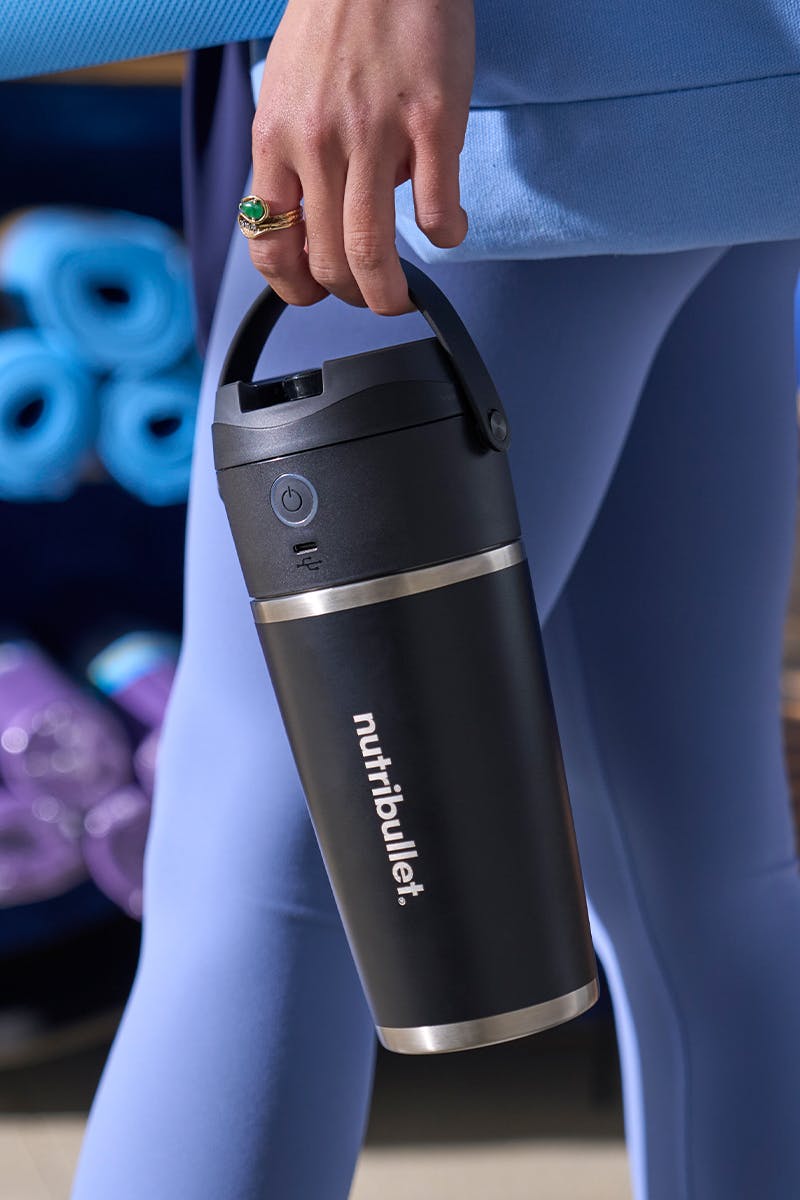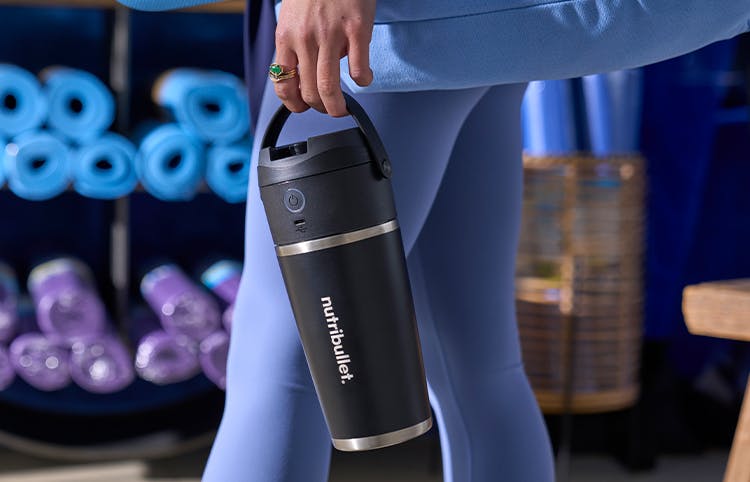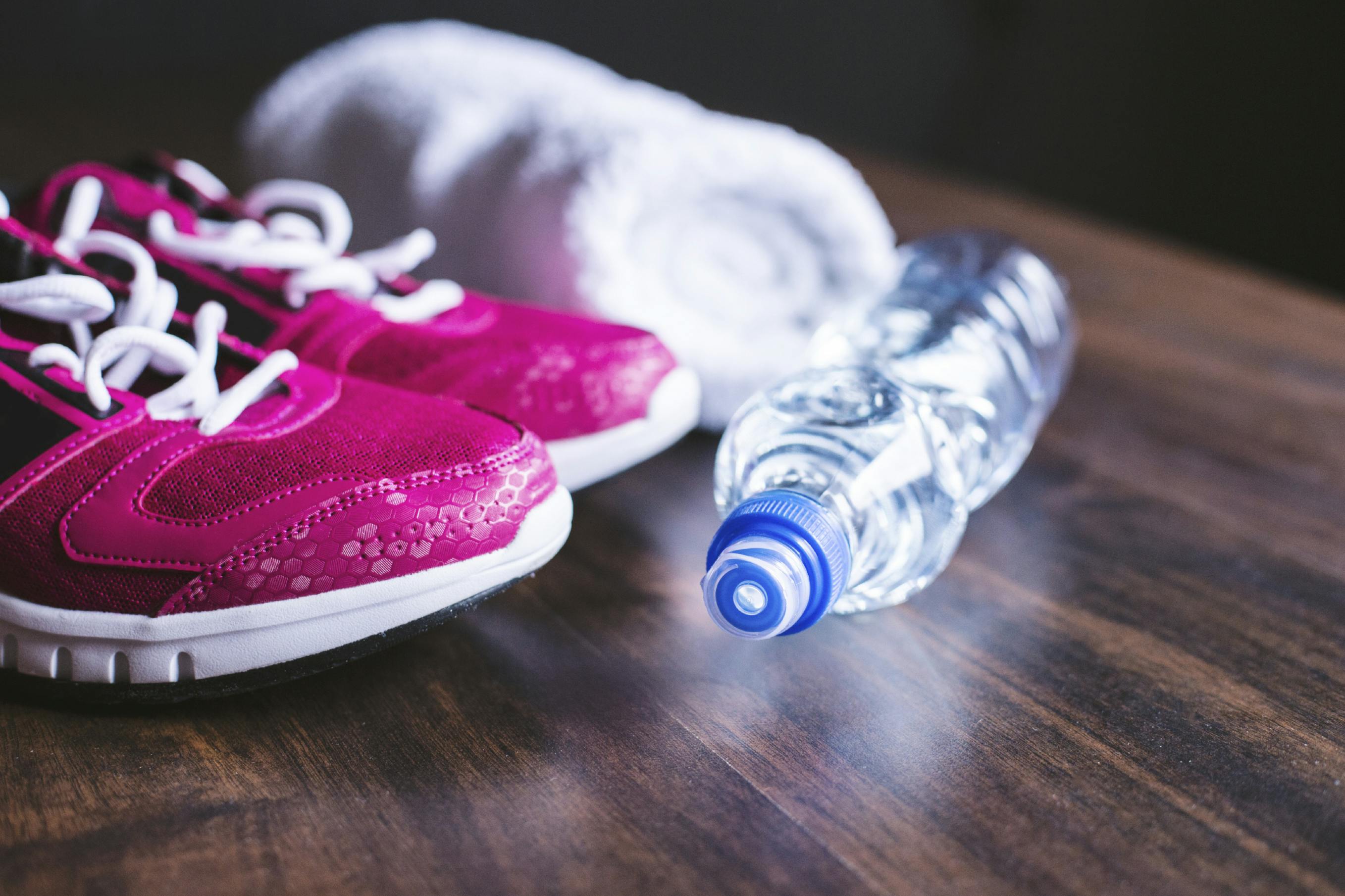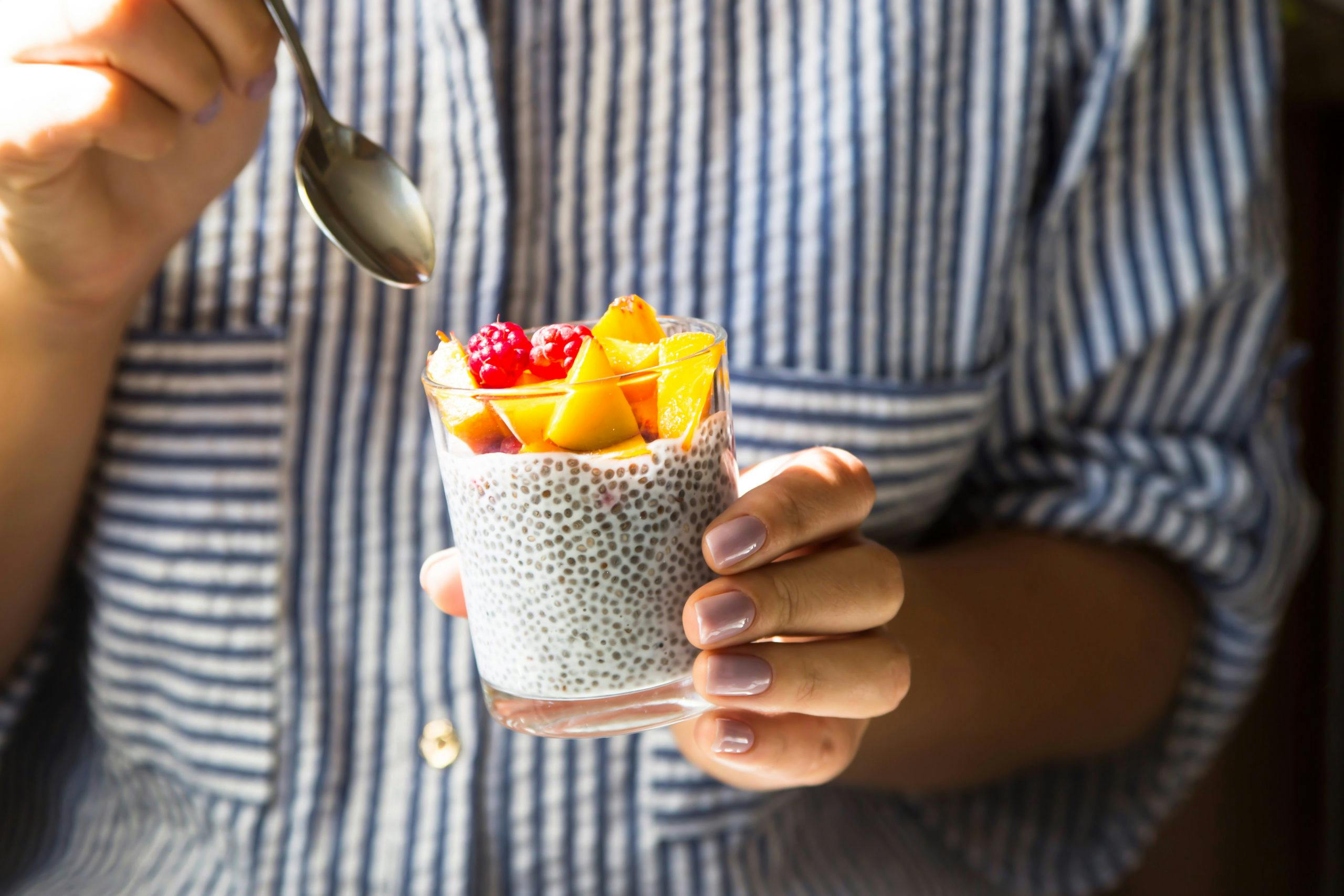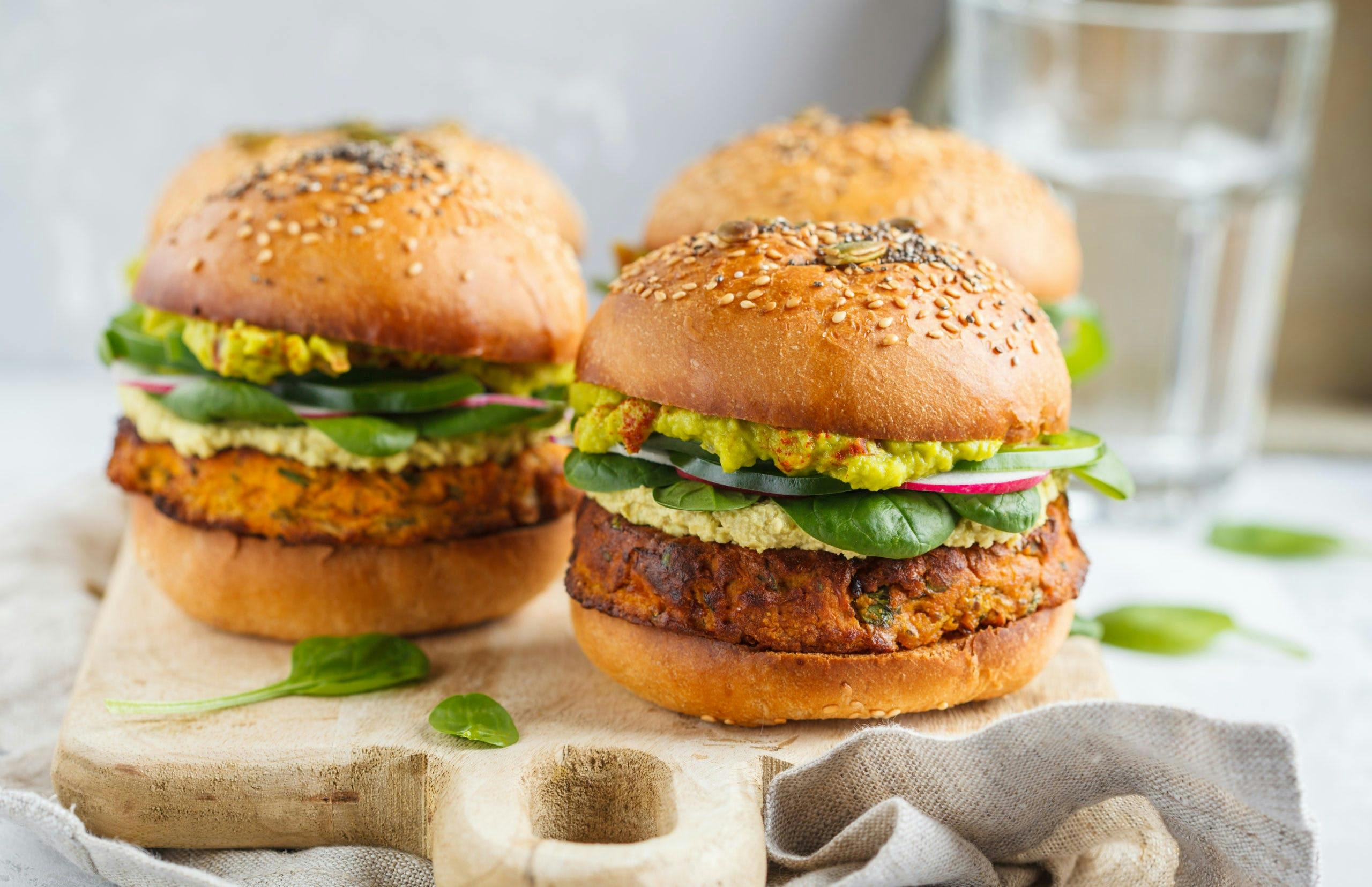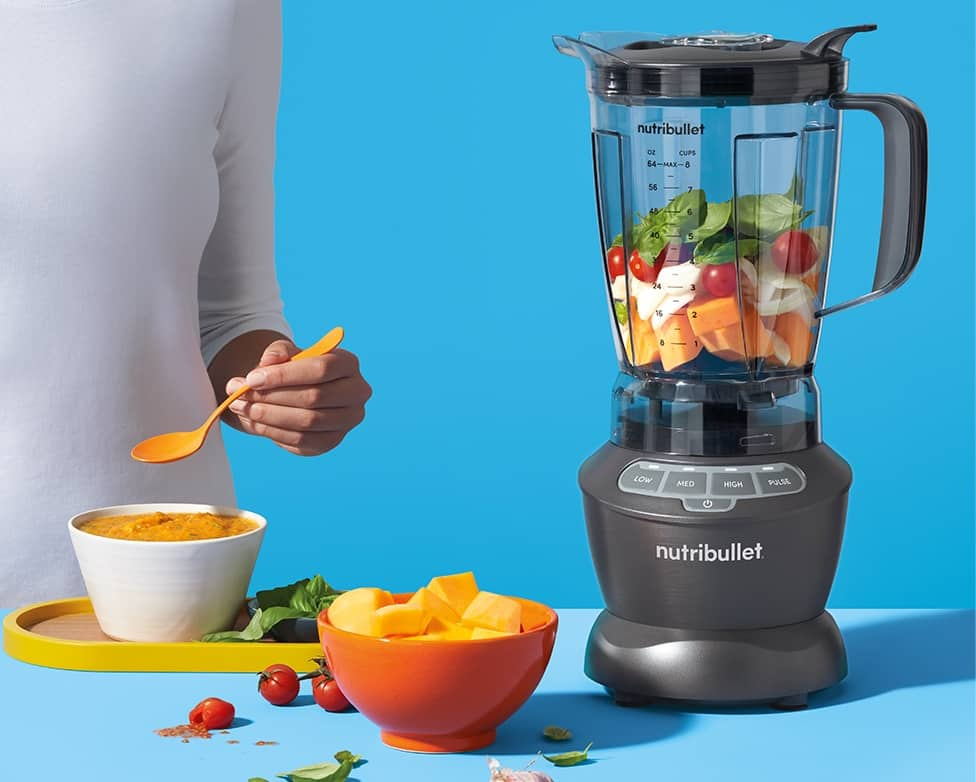Somehow, we have the idea deeply engrained in our culture that pleasure is a bad thing – especially when it relates to our health. If it feels good, feel bad about it! Epicurus, an ancient Greek philosopher from the 300s B.C., spoke out openly on ‘the power of pleasure’. As you might have guessed, Epicurus and his followers were strongly criticized, especially by religious leaders, for degrading human nature. Today, it’s not only the religious authorities telling us to deny ourselves earthly pleasures, but also health experts.
We find ourselves in the midst of the festive season, feeling guilty about a little indulgence here and there and depriving ourselves of many yummy celebratory foods. We’ve acquired so much knowledge about a healthy lifestyle, which, unfortunately, was translated to a life of deprivation.
“No pain, no gain” and “a moment’s pleasure on the lips means a lifetime of fat on the hips” became some of our internal mottos. The good news is that pleasure may be beneficial for your health! This hot topic of research is not altogether new. What is new is that people are finally beginning to accept this thinking.
In the “Neuroscience of Happiness and Pleasure”, Morten L. Kringelbach and Kent C. Berridge shed some light on the neurobiology of pleasure and happiness. When experiencing pleasure, some neural pathways are stimulated and ‘feel-good’ endorphins are secreted. In addition to these peptides, immune-boosting chemicals that strengthen your body’s defense system are also released. These researchers share the common belief with scientists and academics from numerous research centers – that pleasure is undervalued and under-explored in both science and medicine.
There are several fascinating studies regarding the relationship between pleasure, guilt and your immune system. Scientists have discovered that the antibody, immunoglobulin A, which is easily measured because it’s secreted on the tongue, increases significantly after pleasant experiences, such as sexual intimacy, eating chocolate or drinking a glass of wine, and decreases after negative experiences, including overindulging and feeling intensely guilty.
We do need to be aware, however, that some people compensate for the loss of pleasure by consuming more and more of these things, sometimes to the point of addiction. Addiction to food, sex, drugs or alcohol is a serious problem that needs to be addressed professionally.
This scientific insight by no means condones any form of excessive indulgence or addictive behavior and should never encourage a life of hedonism. On the contrary, the old adage, “all things in moderation,” still holds true. Too much “wanting” can easily spiral into maladaptive addiction patterns and a direct route to great unhappiness.
4 Tips to Experiencing Healthy Pleasure Through the Celebratory Season
- Go guilt-free!
Now that we understand that eating a few squares of best quality, high-cacao chocolate or indulging in a steaming cappuccino may be health-promoting, what do we do about the overwhelming guilt that may follow? Guilt produces as many negative effects as pleasure does positive ones. We cannot enjoy our pleasures and feel guilty at the same time! Feeling bad about eating chocolate is bad for us, so ditch the guilt. The best approach is to consciously choose a treat that you love and enjoy it fully.
- Moderation is key!
There’s interesting evidence that your body will tell you when it has had enough of a pleasurable experience. Essentially, the experience simply becomes less pleasurable. In other words, overindulgence can reduce the amount of pleasure you get from chocolate or caffeine. The key is moderation! If we enjoy these things in small amounts and on occasions, they will remain a pleasurable experience as our bodies will tell us when we’ve had enough. So give yourself a small treat at your Christmas and New Year celebrations, but no overindulging.
- Maintain your healthful routine!
Although ‘tis the season to be jolly, ‘tis NOT the season to be lazy! Be vigilant about your exercise and fitness program. Maintain your training as best as possible. Yes, a sleep-in on the holiday is welcome, but don’t allow yourself to sink into a slothful week. Keep up your training even if it’s at a slightly lower intensity.
- Have a smoothie!
The best way to ensure you’re still maintaining peak health through this season is to consume nutrient-dense superfoods in your morning NutriBlast smoothies. Start your day with a fabulous green smoothie, made with leafy green kale and spinach, sweet bananas, chia seeds and almond milk. Feeling festive? Enjoy a bright red smoothie, filled with berries, chia and hemp seeds, banana, and almond milk!
Kringelbach and Berridge explained that happiness springs not from any single component, but from the interplay of higher pleasures, positive appraisals of life, meaning and social connectedness, all combined and merged by interaction between the brain’s pleasure networks and the multitude of other brain networks.
So this holiday season, dump the excessive guilt and incorporate a safe amount of “healthy” pleasures into your life!










